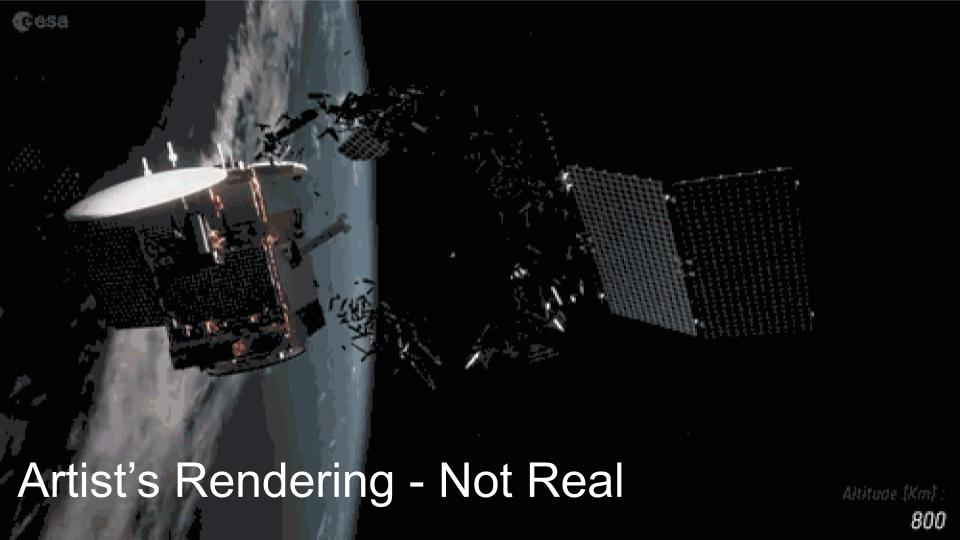
Two satellites did not crash over Pittsburgh, Pennsylvania last night, but they did come fairly close. These two aged chunks of metal, the esteemed IRAS space telescope and military satellite, GGSE-4, are orbiting roughly 550 miles or 900 km up, and have been dead longer than some of you listening have been alive. GGCE-4 stopped working in 1972 and IRAS in 1983. Since they are dead, there is nothing anyone can do to keep them from hitting each other or anything else. Tracking stations on Earth, including Australian National University’s Space Environment Centre, noted these two were going to pass within 15-30 m of each other, and do to lack of information on how the craft and their appendages were oriented, it was unclear if they might still tangle and collide.
They didn’t. This time.
If they had, and if the weather had been clear, this collision would have actually been visible. With more than 21,000 objects larger than 10 cm orbiting the Earth it is only a matter of time before remarkable, and highly visible, collision does happen. In 2009 two communications satellites, an active Iridium communications satellite and a Russian military satellite, collided. It was thought that these two would miss, and Iridium made the choice not to move their satellite to increase the safety margin because they wanted to save fuel. That was a mistake. Today a lot more efforts are put into tracking spacecraft. … but as I said – the two spacecraft that just missed each other were dead and nothing could be done. When the big collision happens, this could cause a chain reaction, with the debris flying off and creating high speed debris in unknown orbits. This is the real problem with collisions – the debris can wreck entire orbital regions, as the chunks of former spacecraft form rings around our world.
So far, no boom. A boom will come. Let’s hope it comes far in the future for satellites, and very very soon for Betelgeuse.

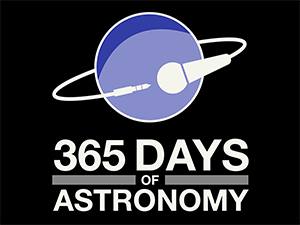
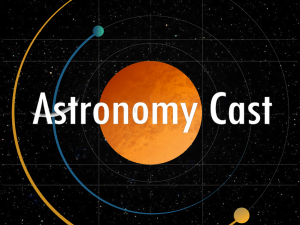

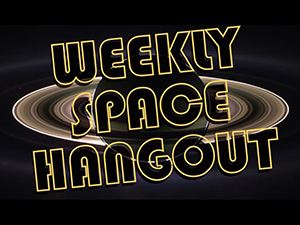 Join the Crew!
Join the Crew!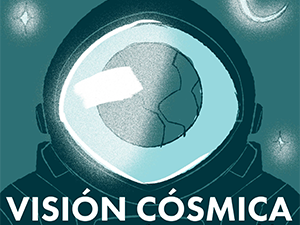
 Escape Velocity Space News
Escape Velocity Space News
0 Comments